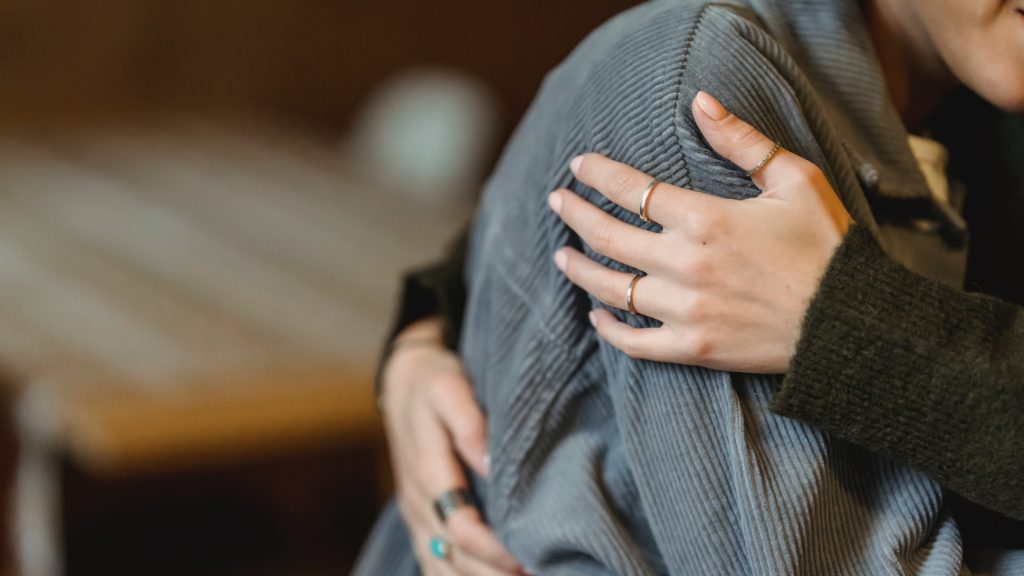While growing up, the idea of grief was foreign to me. It was something I saw others endure on television or heard my family members mention. However, I didn’t understand it. I couldn’t understand how the absence of someone or something could create such a deep feeling.
It wouldn’t be until the age of 25 that I would finally understand the depth of grief after losing my grandmother. The loss of our family’s matriarch, a woman who was my second mother, shattered our family. Many years later, our family still finds itself re-learning what the world looks like without her. We have been forever changed by grief.
After experiencing grief myself, I felt as if I was holding a secret badge that at some point everyone would receive. This secret grief badge allowed me to feel more compassion toward others when I realized that they too were wearing the badge. I also became increasingly aware that my first experience with grief only meant that I would inevitably be receiving yet more badges with time.
When I talk to others who may have never experienced grief after losing a loved one, the conversation quickly turns toward an awkward silence or response. Truth is, the notion of losing someone scares us. Earning the secret badge of grief is something we’d rather ignore. But it is one of only a few certainties in the world: at some point, our heart will be the recipient of this difficult secret badge to carry.
Thanks to therapy and ongoing life experiences, I have come to learn that the nature of grief is more complicated than I realized. We can experience grief when we go through divorce, when we, or someone we love, is diagnosed with an illness when we lose our dream job, or experience violence.
During this time of the year (holidays), many of us may be experiencing some type of grief. Some of us are grieving a loved one. Some of us are grieving an illness. Some of us may be grieving the loss of a dream.
The ongoing pandemic has created yet another layer of grief for many of us. Millions of people around the world are grieving the loss of a loved one to COVID-19, while others grieve the loss of connections, normalcy, and safety. Since last year (2020) anxiety, stress, and depression have increased dramatically for millions of Americans of all ages and backgrounds. While some of us have the privilege of accessing mental health services, according to the National Alliance of Mental Illness, each year nearly 30 million adults and children living with mental health conditions in the U.S. go without any treatment.
This incredible disparity is due to lack of health care access or affordability issues, a limited number of providers available, or even lack of interest. I understand that therapy may not be for everyone, but I also believe that other types of support for individuals suffering through depression, anxiety, addiction, and grief should be readily available and encouraged.
Every day, we encounter individuals who are mourning something or someone. Some may be dealing with their grief alone, some may be hiding their grief behind anger or even a smile. We may not always recognize it when they are carrying their secret badge, but when we do, we must remember that it’s a difficult and painful badge to carry. It’s one we will all hold at some point, and showing compassion is an imperative part of carrying it.
Cover Photo by Liza Summer from Pexels

Marcela Betancur is the proud daughter of Colombian immigrants and currently serves as the director of the Latino Policy Institute at Roger Williams University.
Publisher’s Note: Our secret badges of grief should turn us toward empathy was first published on The Valley Breeze.
LPI and RI Latino News; partners in elevating the visibility and voices of Rhode Island’s Hispanic-Latino communities.
Do you have an idea for an Opinion-Editorial? Send us your suggestions to Info@LatinoNewsNetwork.com.




